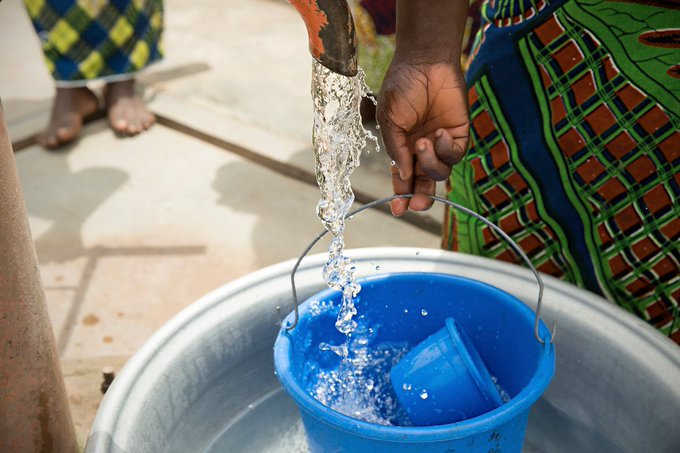By Tatenda Mujeyi
The Community Water Alliance has engaged citizens in a dialogue set to negotiate possible ways to deal with the persisting City water challenges.
The dialogue which sought to inform on the growing water challenges was attended by the Deputy Mayor of Harare, Combined Harare Residents Association, other key stakeholders and residents.
The water challenges were blamed on the financial challenges that the country was facing with calls for government to take a leading role.
“There is a growing lack of financial capacity by both Government and council to address the water challenges experienced by the capital city. There is need to address the water challenges as these pose a serious health risk,” Mrs Loreen Mupasiri ,Director and Spokesperson of Harare Metropolitan Residents Forum said.
The water challenges are being exacerbated by the challenges that the water treatment plant was constructed in the 1950s for a smaller population.
“The Morton Jeffreys Water works was established in 1950 with a consideration that the plant would only serve the then 300 000-500 000 population. To date the population has doubled and we still expect the infrastructure to meet the growing population. Furthermore, the dam was built as a recreational facility with the water supply function only coming as a compromise,” Harare Deputy Mayor Mr. Enock Mupamawonde said.
There were calls for Government to commit to the outstanding commitments to include other dams like Kunzvi and Mazowe among others to the city water network.
“There are some people who were not born who are here present when the Kunzvi dam project was launched and we haven’t done much to the project,” Mupamawonde said.
There was a call for all stakeholders to adopt a more serious approach in terms of addressing the water challenges as the shortage could lead to water borne diseases.
“There is need for us as stakeholders to address the water challenges seriously as these challenges potentially pose serious risk to the environment and health. We once experienced cholera and typhoid and we could agree that it is not worth re-experiencing,” Community Water Alliance Project Manager Hardlife Mudzingwa said.
The city emphasised its commitment to address the water challenge as a short term measure to address the water challenges.
Mupamaonde said the city has consistently sought to address the water challenges despite the existing challenges.
“As we speak we have contracted a partner for the purchase of 1 450 water bowsers which we feel can help address the water challenges. We have also constantly sought partnerships to drill boreholes across townships,” he said.
The dialogue emphasised the need for government and development partners to support dormitory towns to establish their own water treatment plants.
“As you know Ruwa, Chitungwiza and Epworth depend on the City of Harare’s water network. If these dormitory towns and cities do not have their own water sources the city of Harare’s water challenge might continue to persist,” Mudzingwa said.
It emerged that the if the city’s water challenges persist, the situation could degenerate into a national risk as the city could not supply residents and stakeholders with water.






